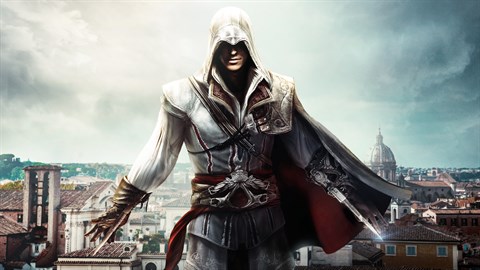Assassin’s Creed: Shadows Under Fire for Historical Inaccuracy
Ubisoft’s latest installment in the Assassin’s Creed franchise, Shadows, has ignited a firestorm of controversy over its portrayal of Japanese history and culture. The game, which centers around the legendary figure of Yasuke, a real-life African samurai, has faced criticism from prominent Japanese historian, Yuichi Goza, who has questioned the accuracy of the game’s historical representation.

A Misconception of the Samurai Code
Goza, in an interview with The Sankei Shimbun, emphasized the limited historical documentation surrounding Yasuke’s life. While acknowledging the possibility of Yasuke being granted the title of samurai by Oda Nobunaga, the historian stressed that this designation was likely ceremonial rather than indicative of true samurai status.
The samurai class was rigidly defined by a strict code of conduct, Bushido, which emphasized loyalty, honor, and martial prowess. Goza argues that Yasuke, while granted the outward appearance of a samurai, likely did not possess the requisite training or societal standing to fully embody the role.
A Misrepresentation of Japanese Culture
Beyond the portrayal of Yasuke, the game’s broader depiction of Japan has also drawn criticism. Goza expressed concern over the potential for Assassin’s Creed: Shadows to create a distorted image of Japanese samurai culture in the minds of players, particularly those unfamiliar with the historical context.
The historian suggested that pairing Yasuke with a character like Naoe, who adheres more closely to the traditional assassin archetype, might have been a more balanced approach. Such a juxtaposition could have provided a richer and more nuanced understanding of both historical and fictional elements.
Backlash and Controversy
The controversy surrounding Assassin’s Creed: Shadows has ignited passionate debate among gamers, historians, and cultural enthusiasts. A petition calling for the game’s cancellation has gained traction, reflecting the depth of dissatisfaction among those who feel the game has misrepresented a significant aspect of Japanese history.
Ubisoft, facing increasing pressure to address the concerns raised by historians and the public, has yet to issue an official statement on the matter. The outcome of this controversy will likely shape the future of historical accuracy in video games and the industry’s approach to sensitive cultural topics.




